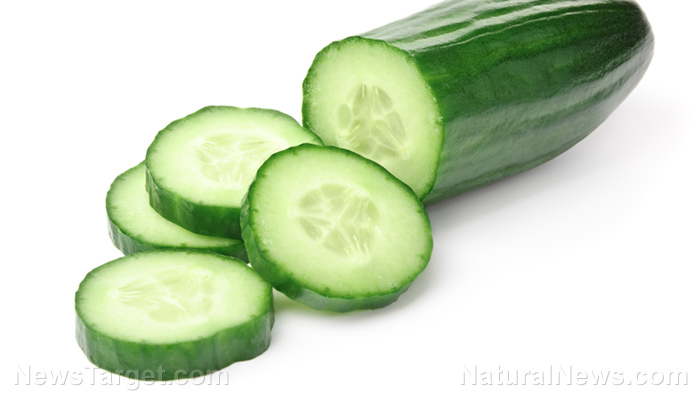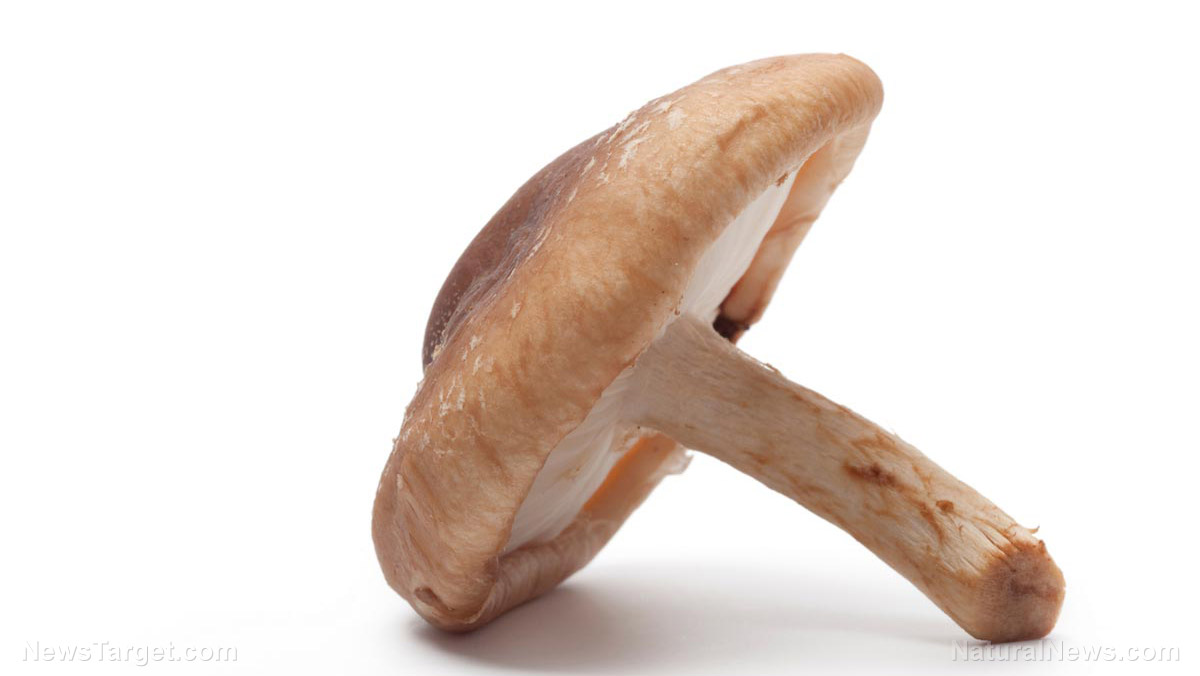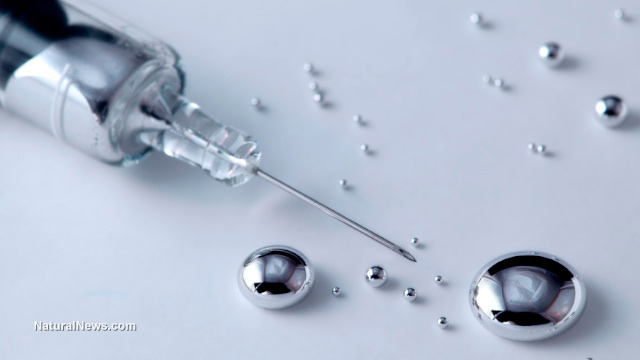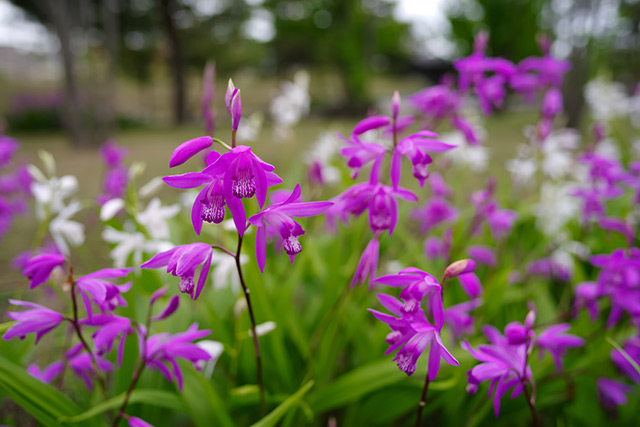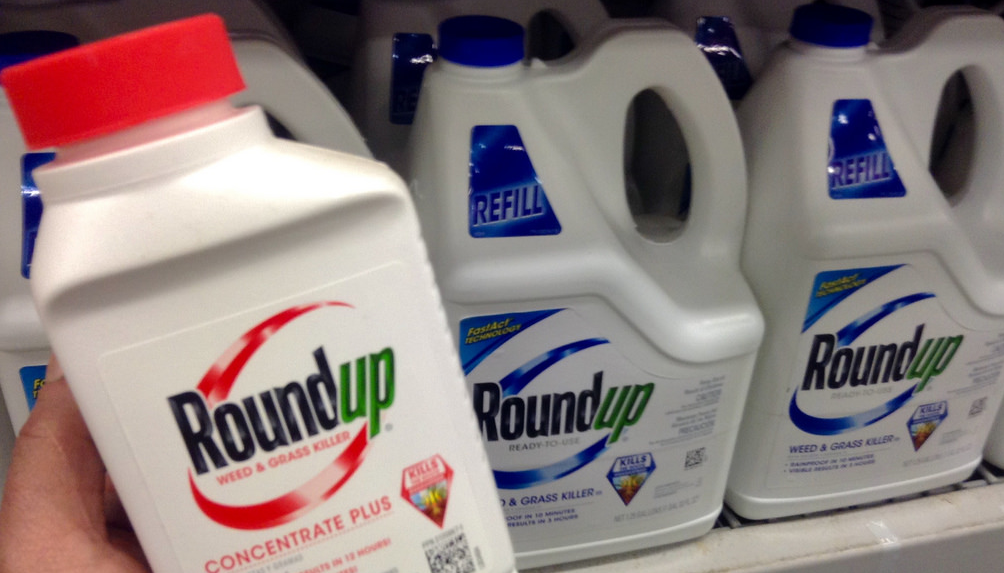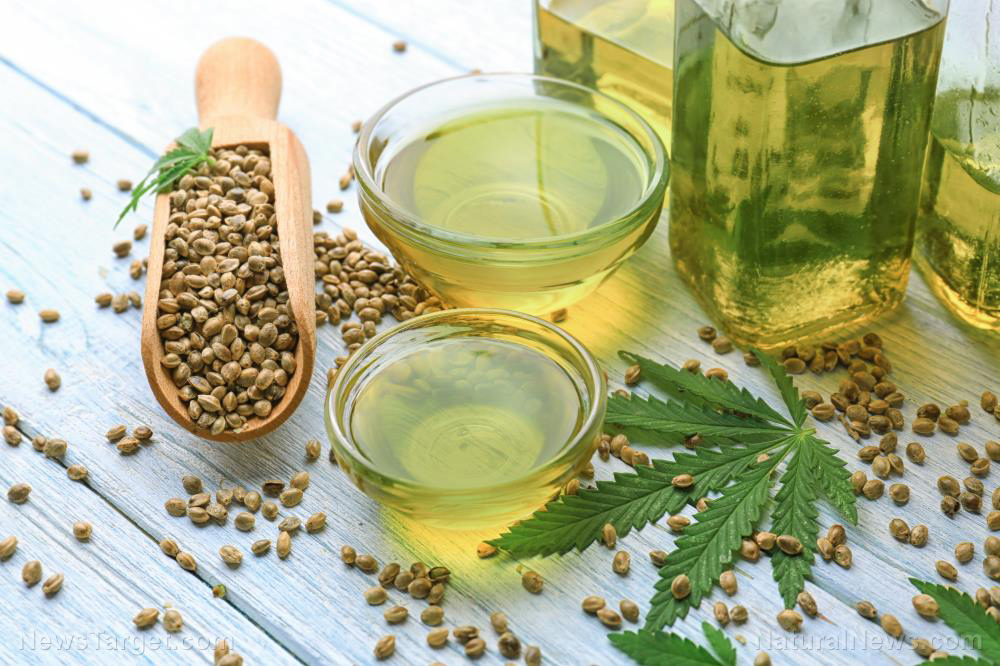Japanese study concludes that boysenberries help maintain vascular stability
01/19/2019 / By Michelle Simmons

Researchers in Japan found that endothelial dysfunction may be prevented with boysenberries. They discovered in their study that boysenberry polyphenol and its anthocyanins can inhibit blood and lymphatic vessel dysfunction and help keep vascular stability.
Endothelial, also known as blood and lymphatic vessel, cells play an important role in the maintenance of vascular homeostasis. However, the aging process and age-related disorders like diabetes, hypertension, and obesity induce endothelial dysfunction. In turn, endothelial dysfunction increases the risk of atherosclerosis among its sufferers.
Earlier studies showed that polyphenols could suppress age-related endothelial cell disorders. In the current study, the researchers aimed to determine the effect of polyphenols on vascular function.
For the study, the team analyzed the effect of boysenberry polyphenol on vascular health in a state of metabolic stress in mice. One group of mice received a high-fat diet, while another group received a standard chow for eight weeks. After that, the mice on the high-fat diet received boysenberry polyphenol in their drinking water for six to eight weeks.
The results showed that boysenberry polyphenol did not cause any significant changes in body weight, food intake, heart rate, systemic glucose intolerance, and systolic or diastolic blood pressure in obese mice.
However, boysenberry polyphenol ameliorated the increase in the reactive oxygen species (ROS) level in the mice’s aorta brought by obesity-induced metabolic stress. The high-fat diet also caused a lower degree of blood vessel dilation in the iliac arteries of mice, but the treatment of boysenberry polyphenol restored proper blood vessel dilation. These results suggested that boysenberry polyphenol can prevent endothelial dysfunction caused by metabolic stress.
The power of the elements: Discover Colloidal Silver Mouthwash with quality, natural ingredients like Sangre de Drago sap, black walnut hulls, menthol crystals and more. Zero artificial sweeteners, colors or alcohol. Learn more at the Health Ranger Store and help support this news site.
The researchers also conducted another trial in laboratory testing. They cultured human umbilical vein endothelial cells to evaluate the effect of boysenberry polyphenol and anthocyanins. Anthocyanins have been shown to prevent cardiovascular problems.
They discovered that anthocyanins could prevent palmitic acid-induced ROS production in human umbilical vein endothelial cells, as well as reduce nitric oxide inhibition induced by metabolic stress. Anthocyanins also significantly improved endothelium-dependent vasodilation of iliac arteries, inhibited ROS production, and increased nitric oxide production. These results indicated that anthocyanins were the primary component of boysenberry polyphenol responsible in endothelial dysfunction protection against metabolic stress.
The findings of the study, which were published in the PLOS ONE journal, suggested that boysenberry consumption can prevent endothelial dysfunction and help maintain vascular stability. (Related: Boysenberries found to improve cholesterol, help prevent heart disease.)
Other benefits of boysenberries
The nutrient content of boysenberries varies. Fresh and frozen boysenberries are more nutritious than canned boysenberries in heavy syrup because they contain less sugar. Boysenberries are a good source of essential vitamins and minerals, such as vitamin C and potassium. They also contain fiber that helps keep the arteries and intestines clear and healthy, reducing the risk of diverticular disease, heart disease, constipation, and hemorrhoids. Boysenberries also provide good amounts of folate, a B-vitamin that plays a role in the production of energy and the formation of cells. This vitamin can also help prevent nervous system and congenital disabilities. The vitamin E content of blueberries also protects cells from damage, reducing the risk of cancer and heart disease. It also helps produce red blood cells and prevent blood from clotting.
Read more news stories and studies on preventing endothelial dysfunction naturally by going to NaturalMedicine.news.
Sources include:
Tagged Under: alternative medicine, anthocyanins, boysenberries, endothelial dysfunction, Heart, herbal medicine, Herbs, medicinal plants, natural cures, natural healing, natural medicine, natural remedies, polyphenols, vascular health, vascular stability






